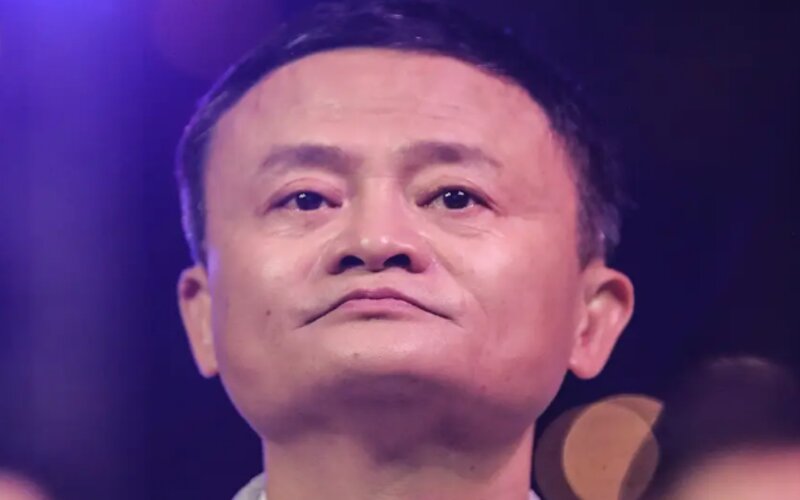×
The Standard e-Paper
Join Thousands Daily

Chinese regulators said on Saturday they have fined Alibaba Group Holding Ltd a domestic record $2.75 billion (Ksh295 billion) for antitrust violations, amid an unprecedented regulatory crackdown on Jack Ma’s company and other technology conglomerates.
LIU XU, RESEARCHER AT THE NATIONAL STRATEGY INSTITUTE, TSINGHUA UNIVERSITY







